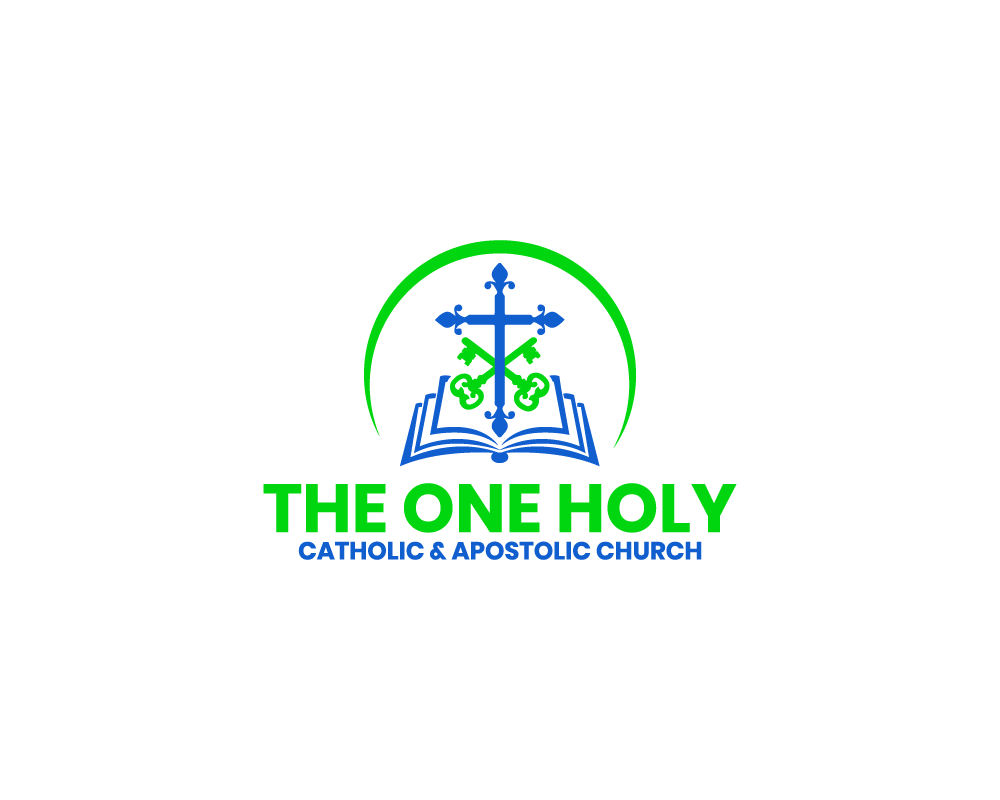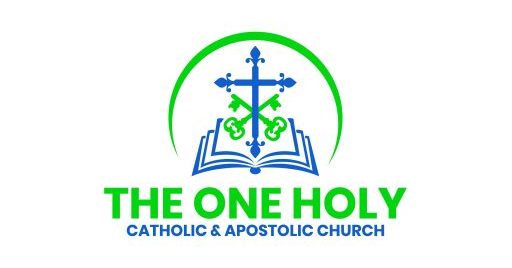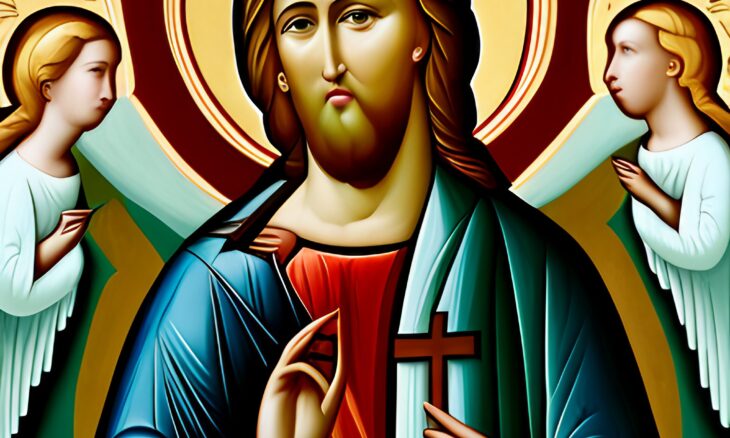The Depth of Freedom for the Orthodox Christian
Freedom in modern society is often synonymous with choice, but for Orthodox Christians, it goes beyond mere selection. While earthly choices are tainted by sin and mortality, true freedom involves overcoming the consequences of human fallenness and fragility.
The Relativity of Human Freedom
In spiritual terms, human freedom is always relative. True freedom relies on divine grace and is connected to the unconditional and absolute freedom of God, which surpasses human understanding of justice. God’s revelation to Moses as “I am who I am” exemplifies the depth of apophatic theology.
The Theological Origin of Human Freedom
Orthodox Christians believe that humanity derives its existence from God, and human freedom, rooted in the divine image within us, forms the essence of our being. This theological understanding shapes their perception of human freedom and the seeds of social justice it plants within the world.
The Eschatological Dimension of Freedom
The purpose of human freedom will be fully revealed in the age to come, where humanity and all creation will encounter the living Creator. At that time, human freedom will be reconciled with divine will, marking the eschatological dimension of freedom.
The Profound Mystery of Freedom
Living in a world of irreconcilable choices, humans experience the tension and profound mystery of freedom. It is both the source of utmost dignity and the cause of extreme suffering. Even God cannot interfere or contradict this ultimate expression of freedom, as faithfulness and love are integral components.
Love: the Ultimate Content of Freedom
Love represents the ultimate content of freedom and eternity. To love someone is to assure them of eternal life and affirm their complete freedom. Saint Maximus the Confessor recognized that while God can do everything, love cannot be forced upon creation—faithfulness must be maintained for faith to thrive.



